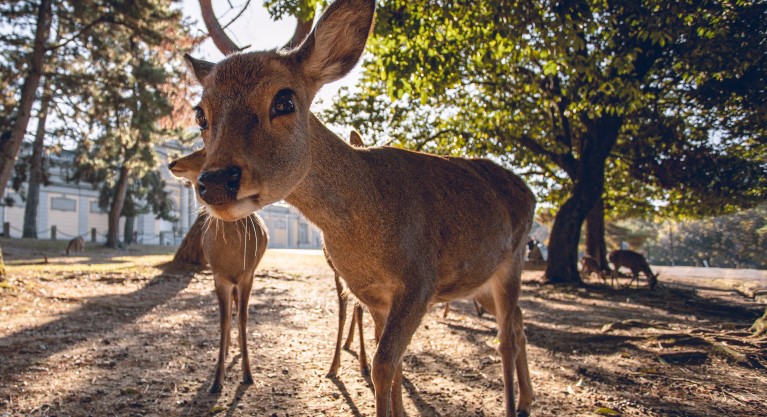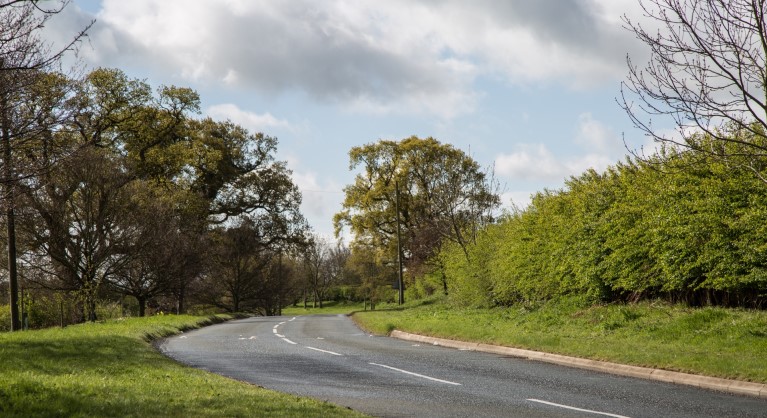Coronavirus and the environment
Rethinking our relationship with animals and nature
Many people have bonded more with their pets in lockdown, which has helped reduced anxiety and stress. More broadly, the pandemic also raises questions of our wider relationships with animals and the conditions under which novel diseases can arise. For example, naturalist Jane Goodall blames the emergence of Covid-19 on the over-exploitation of the natural world, industrial factory farming and our disrespect for both wild and farmed animals.
Is Covid-19 making the future more plastic?
From gloves to PPE to disposable cups and meal boxes, coronavirus has led to increased plastic use in many people’s daily lives. But could the pandemic result in the development of new materials that can protect both our health and the environment? How can plastic waste be processed more efficiently, even if it's virus contaminated? Dr David Xie from WMG explores the impact of plastic in the pandemic
Reduced emissions, empty roads and clearer skies: A welcome impact of Covid-19
Lockdown has highlighted our reliance on motorised methods of transportation, which have an insidious and detrimental impact on our environment and ultimately our health. The consequences of returning to mid-1950s traffic levels include reduced aerial pollutants and a quieter, more pleasant environment. Professor Rob Lillywhite reviews the environmental impact of the pandemic.



